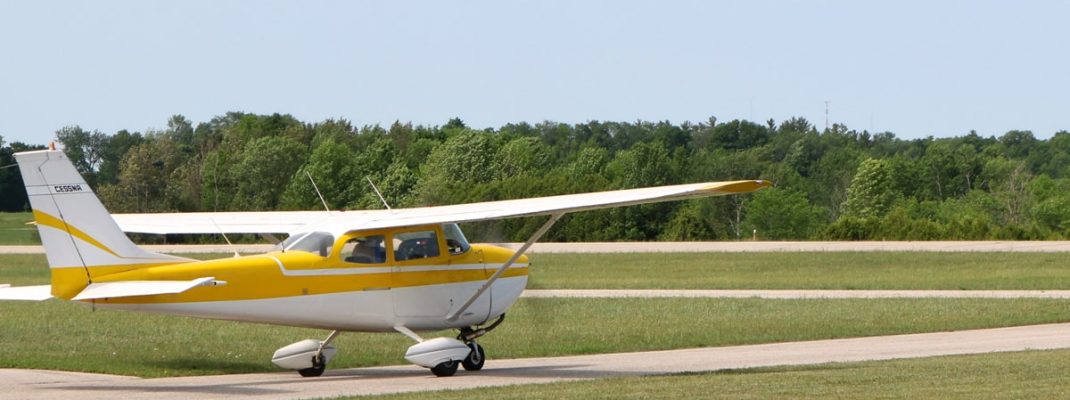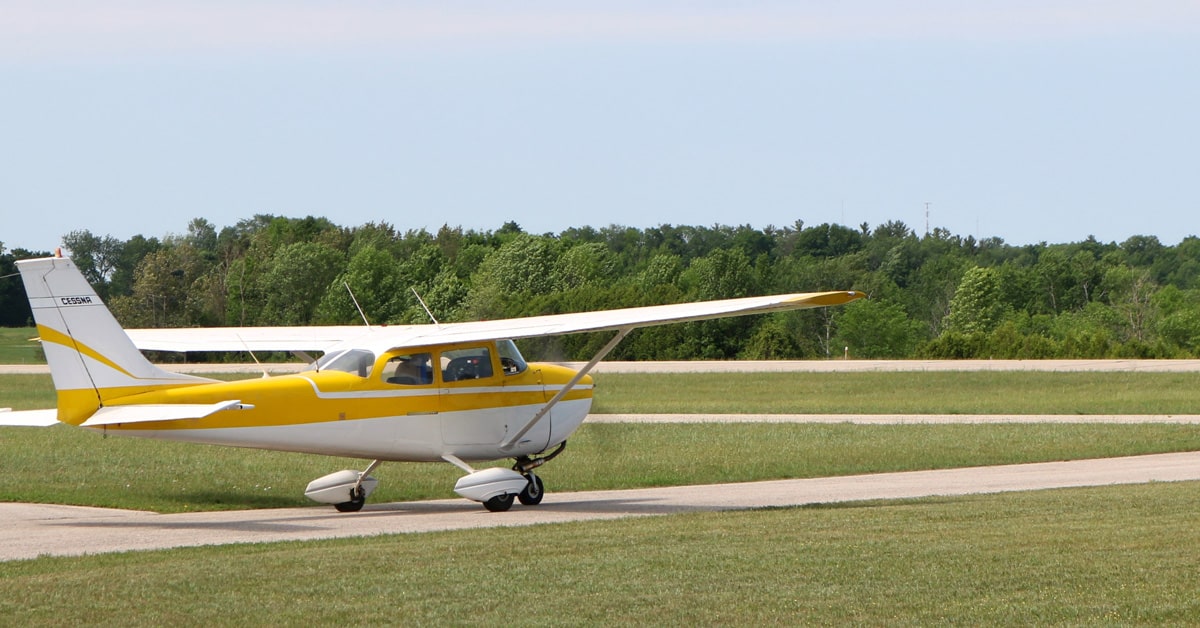A good starting point for the regulations you must know as a pilot can be found in Bob Gardner’s textbook The Complete Private Pilot. The definitive compilation of United States regulations for aviators is the FAR/AIM.
Today’s post breaks down 14 CFR 61.113 Private pilot privileges and limitations; pilot-in-command. Here is a link to the regulation to consider before reading the rest of this post!
14 CFR 61.113 Private pilot privileges and limitations; pilot-in-command. Private pilots may not accept compensation for flying; they are allowed to share the direct operating expenses of the flight with their passengers (fuel, oil, rental charges). Beware—your insurance might not cover a flight for which a charge is made. Private pilots are allowed to fly in connection with their employment if they are not being paid solely for their piloting activities. For instance, you can fly some clients over some property they are considering as a part of your duties in real estate, but you cannot be asked by your employer to transport customers on flights unrelated to real estate if your employer reimburses you. You, as a private pilot, may carry paying passengers on a flight for a charitable organization if the passengers have contributed to the organization. Approved charities are very narrowly defined by the IRS; the airplane must meet commercial maintenance requirements (Part 135), you must have logged 500 hours of flight time, and you must meet drug testing program requirements. You may demonstrate airplanes as an airplane salesperson after you have logged 200 hours of flight time as pilot-in-command.
The question of sharing expenses has resulted in some legal decisions. If you are flying somewhere and want to take someone along to share expenses but would go anyway if no passenger could be found, that is acceptable. If the only reason you are taking a trip is that someone will share expenses with you, that is considered compensation. If you rent airplanes to take your friends on trips just to build time, trips that you would not take without their financial contribution, you are flirting with a violation of this regulation.
The FAA calls this principle “Commonality of Purpose.” You and your passengers must have a common purpose in making the flight; if you would not have made the flight for your own purposes, its legality is questionable.
We will be back Thursday with a CFI Brief to show you how you might encounter this in your flight training and during your FAA exam.




